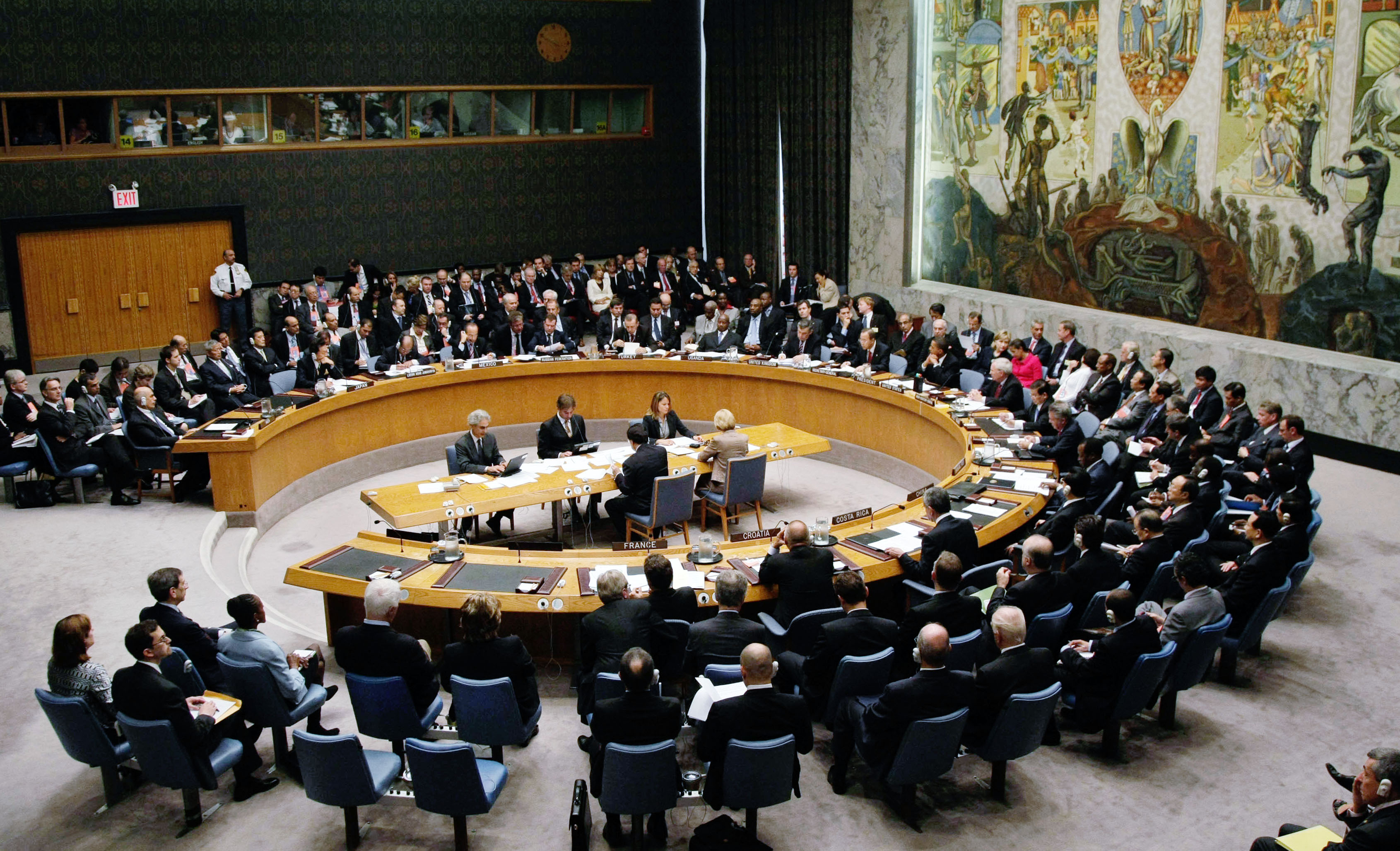ID :
371377
Wed, 06/17/2015 - 11:54
Auther :
Shortlink :
https://oananews.org//node/371377
The shortlink copeid
Russia, U.N. envoys discussed course of Yemen peace talks

GENEVA, June 16. /TASS/. Russia's ambassador to the United Nations and other international organisations in Geneva on Tuesday met the U.N. special envoy for Yemen to discuss the course of Yemen peace talks in Geneva, a diplomat at the Russian mission to the U.N. told TASS.
Alexey Borodavkin and Ismail Ould Cheikh Ahmed "discussed issues connected with consultations currently under way in Geneva," said Maria Khodynskaya-Golenishcheva, adding that particular attention had been paid to "humanitarian problems and prospects for a peaceful settlement".
"Russia is trying to help U.N. Secretary-General’s envoy Ismail Ould Sheikh Ahmed to launch the process of inter-Yemeni consultations aimed at reaching an agreement on a ceasefire and the use of a humanitarian pause for the delivery of aid," the diplomat quoted Borodavkin as saying.
Consultations on the situation in Yemen, where more than 2,500 people have been killed and some 11,000 have been wounded, opened on Monday, bringing the country's warring parties together.
U.N. envoy Ismail Ould Cheikh Ahmed held talks with a delegation of Yemen's exiled government, which travelled to Geneva from Saudi Arabia. Houthi officials and supporters of veteran former president Ali Abdullah Saleh arrived only on Tuesday morning.
The U.N’s press service said earlier that the envoy was due to hold separate meetings with the conflicting parties in the hope of bringing them to the negotiations table. According to initial plans, consultations will continue for two or three days.
Borodavkin on Monday took part in a Geneva meeting between the U.N. chief and representatives of the so-called Group 16 plus that consists of five permanent U.N. Security Council members, some Arab countries, Germany, Japan, the Netherlands, Turkey and the EU.
The focus was on the ceasefire, declaring humanitarian pauses, ensuring delivery of humanitarian aid to Yemen that has been hampered by the blockade and bombing, as well as on uniting efforts in the fight against Al-Qaeda and further political process aimed at restoring stability in Yemen, Borodavkin said in an exclusive interview with TASS.
Confrontation between Yemeni authorities and Shiite rebels - Houthis - became more intense in August 2014. In January this year, the military wing of Houthis, Ansar Allah, captured the country’s capital Sanaa. Under pressure from rebels, President Abd Rabbuh Mansur Hadi and the government led by Khaled Mahgouz Bahah resigned.
The Yemeni president was forced to move to Aden. After Houthis entered the city on March 25, he left the country.
Hadi called on Persian Gulf monarchies to interfere. On March 26, Saudi Arabia, supported by regional allies, launched an air operation against Houthis, codenamed Decisive Storm. Later it turned into another operation, Renewal of Hope.
The holding of consultations on the situation in Yemen was initially scheduled to take place on May 28, but two days prior to the set date it was announced that they would be delayed "on a request from the government of Yemen and other participants of the process." In early June, a spokesman for the U.N. chief announced that consultations would start on June 14, but then they were postponed to June 15.
On Monday, U.N. Secretary-General Ban Ki-moon, who launched the Geneva meeting, called on the sides to break the way to end the conflict in the country.
Read more





